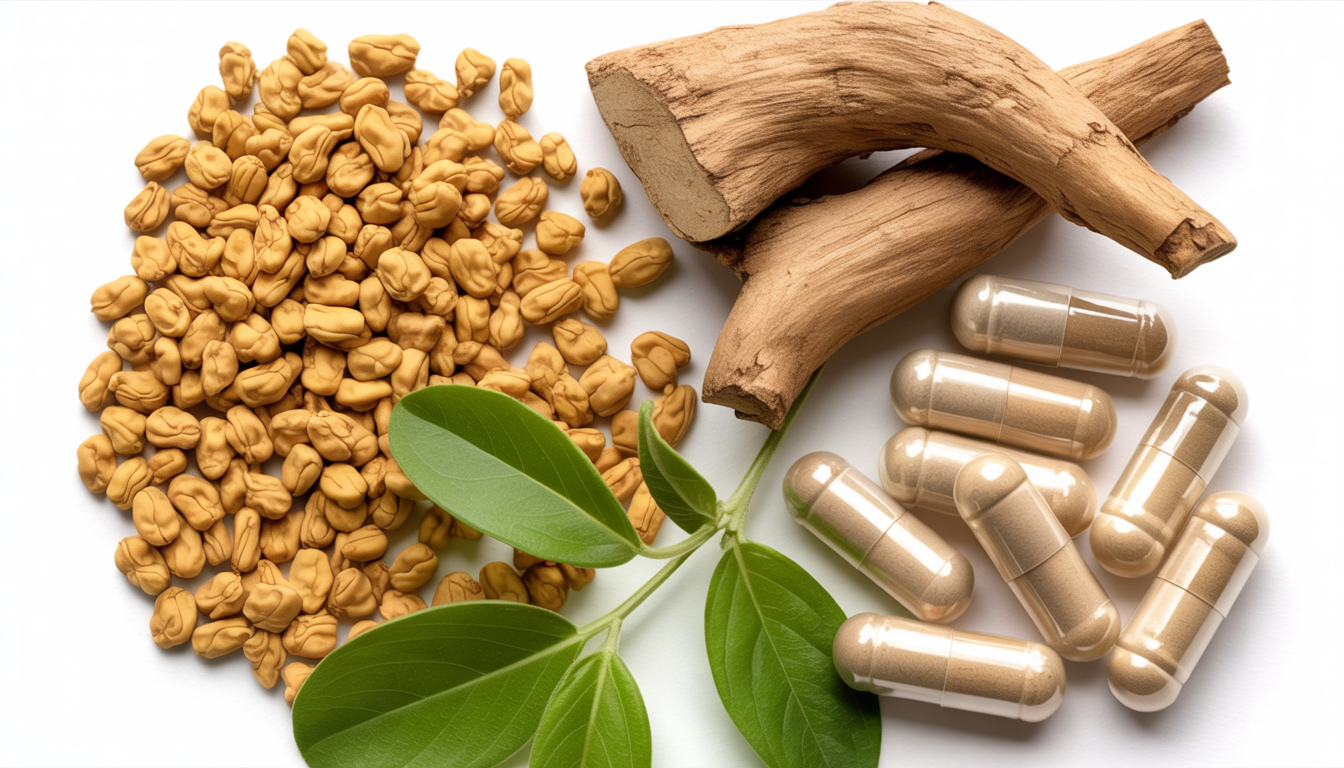


BCAA Recovery: Boost Muscle Health & Recovery Benefits
Leucine, isoleucine, and valine are called branched-chain amino acids (BCAAs). They are essential amino acids, which means they must be consumed in the diet. BCAAs play a crucial role in protein synthesis, tissue repair, signaling a biochemical pathway essential for muscle protein synthesis (i.e., mTOR), and blood sugar control. A meta-analysis that combined the results of seven studies showed that BCAA supplements are best taken after exercise, not before or during exercise (intra-workout). The studies revealed that BCAA taken during exercise is not effective on muscle soreness at follow-up time, the researchers wrote.
Leucine consumption before your workout promotes sluggishness and fatigue. Recent research has shown that leucine competitively inhibits the dopamine precursor tyrosine into the brain and reduces dopamine levels. Dopamine and noradrenaline are the flight or fight hormones that allow the body to perform at higher levels than normal. Increasing dopamine reduces fatigue and increases mental arousal, focus, confidence, and greater levels of motivation! Pre-workout leucine and BCAA consumption is not the best for optimal muscular performance!
According to the meta-analysis, when BCAAs are taken after exercise, they reduce post-exercise muscle soreness and creatine kinase—a marker of muscle damage—better than rest alone. This highlights the importance of BCAA recovery for muscle recovery.
BCAAs promote recovery by stimulating the mTOR pathway to increase protein synthesis to repair injured tissue. Leucine, one of the BCAAs, is the most important chemical that turns on the mTOR pathway, so it is likely that consuming leucine after exercise would be just as effective or more effective (and cheaper) than consuming BCAAs. The addition of isoleucine and valine may hinder the benefits of leucine due to competition for transport into muscle cells. The BCAAs share the same active transport system into cells and muscle cells. (Nutrition, 42: 30-36, 2017.)
For those looking to optimize their recovery, BCAA supplements are a valuable addition to the post-workout routine. Here are some key benefits of incorporating BCAAs into your recovery plan:
- Enhanced Muscle Recovery: BCAA recovery benefits include reducing muscle soreness and accelerating the repair of muscle tissues, making them good for recovery after intense workouts.
- Improved Muscle Protein Synthesis: BCAAs stimulate the mTOR pathway, crucial for muscle protein synthesis, aiding in muscle recovery and growth.
- Reduced Muscle Damage: By decreasing levels of creatine kinase, BCAAs help in minimizing muscle damage post-exercise.
- Support for Lean Muscle Mass: Regular intake of BCAAs can help maintain lean muscle mass, especially during calorie-restricted diets or intense training periods.
- Boosted Recovery Amino Acids: BCAAs are a critical component of recovery amino acids, providing the essential nutrients needed for efficient muscle repair and growth.
- Enhanced Athletic Performance: By incorporating BCAAs into your routine, you can support your body's recovery processes, allowing for improved endurance and performance during subsequent workouts.
In conclusion, BCAAs and recovery go hand in hand, offering a range of benefits that support muscle recovery and overall performance. For athletes and fitness enthusiasts, BCAAs are an essential component of a comprehensive recovery strategy. The integration of BCAA recovery into your regimen not only enhances muscle recovery but also contributes to sustained energy levels and improved training outcomes.




